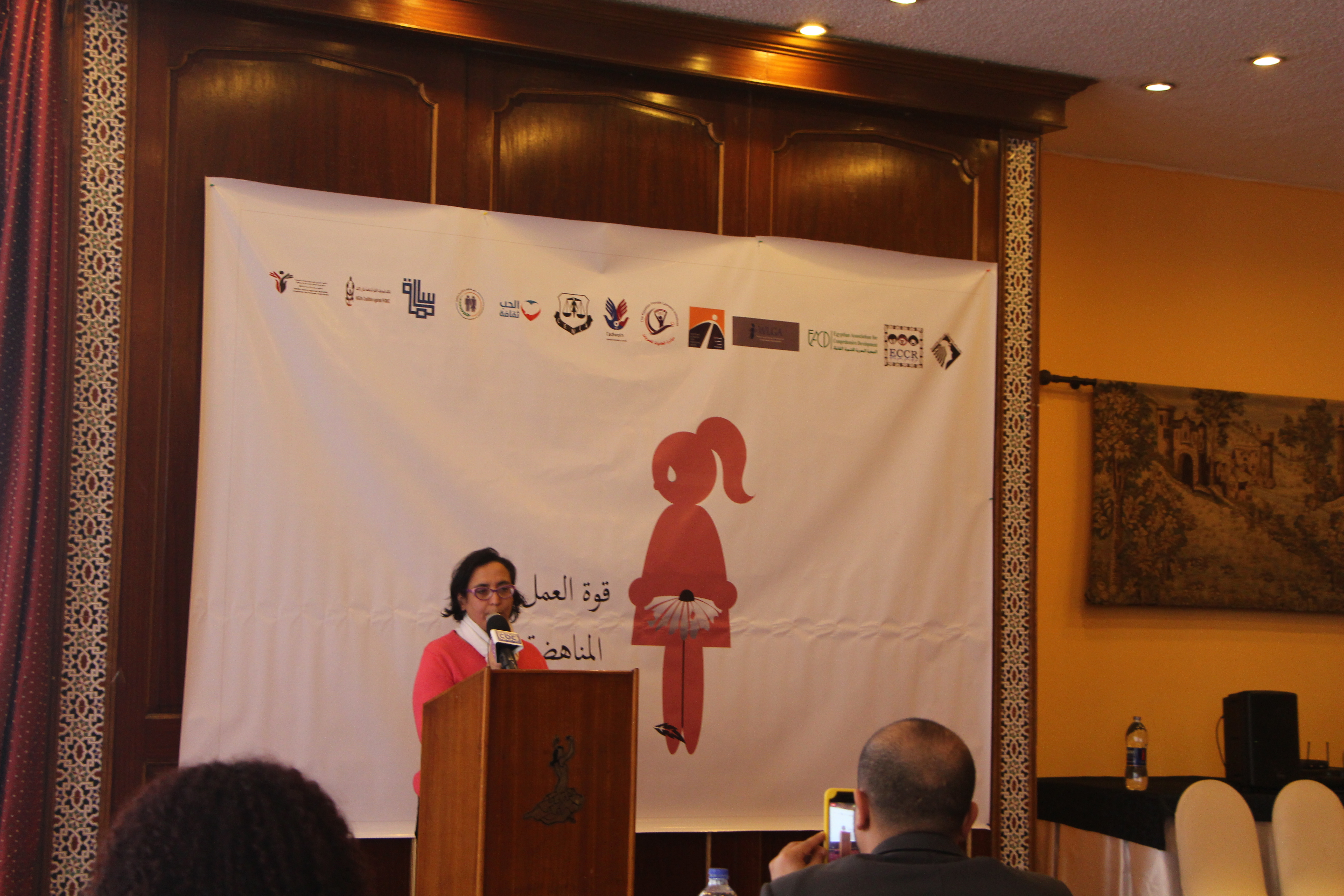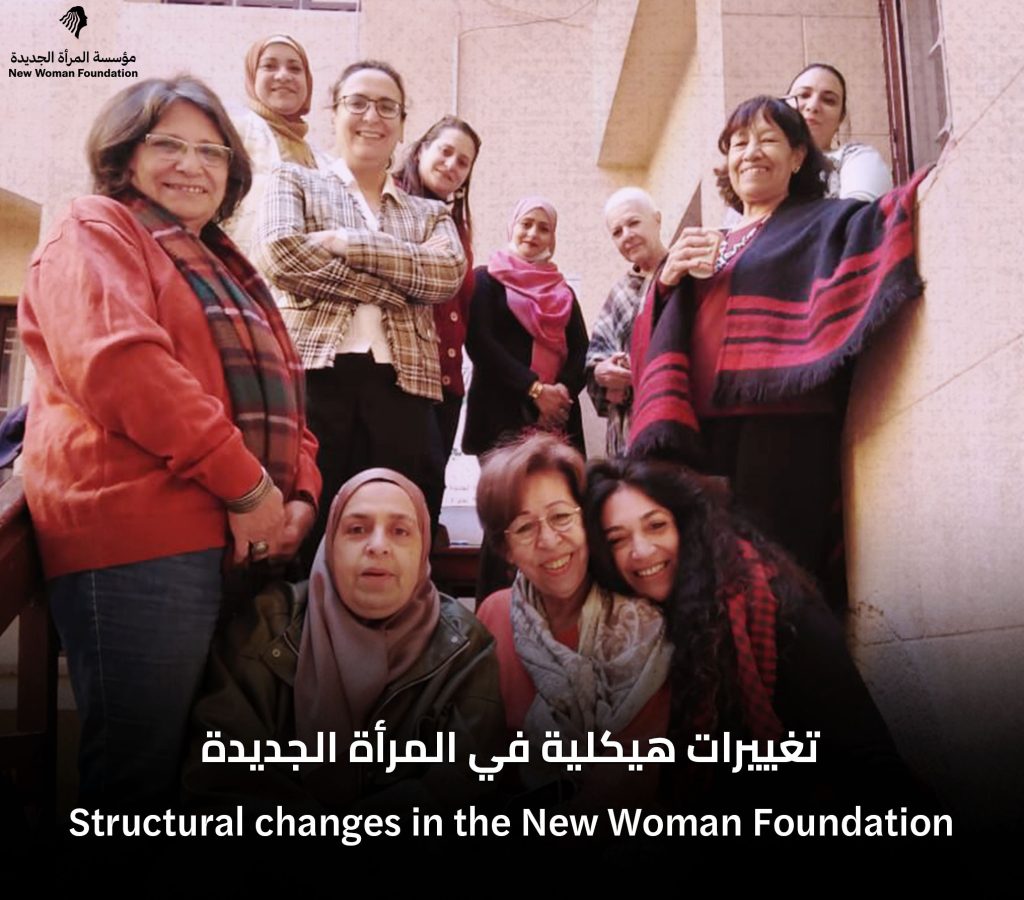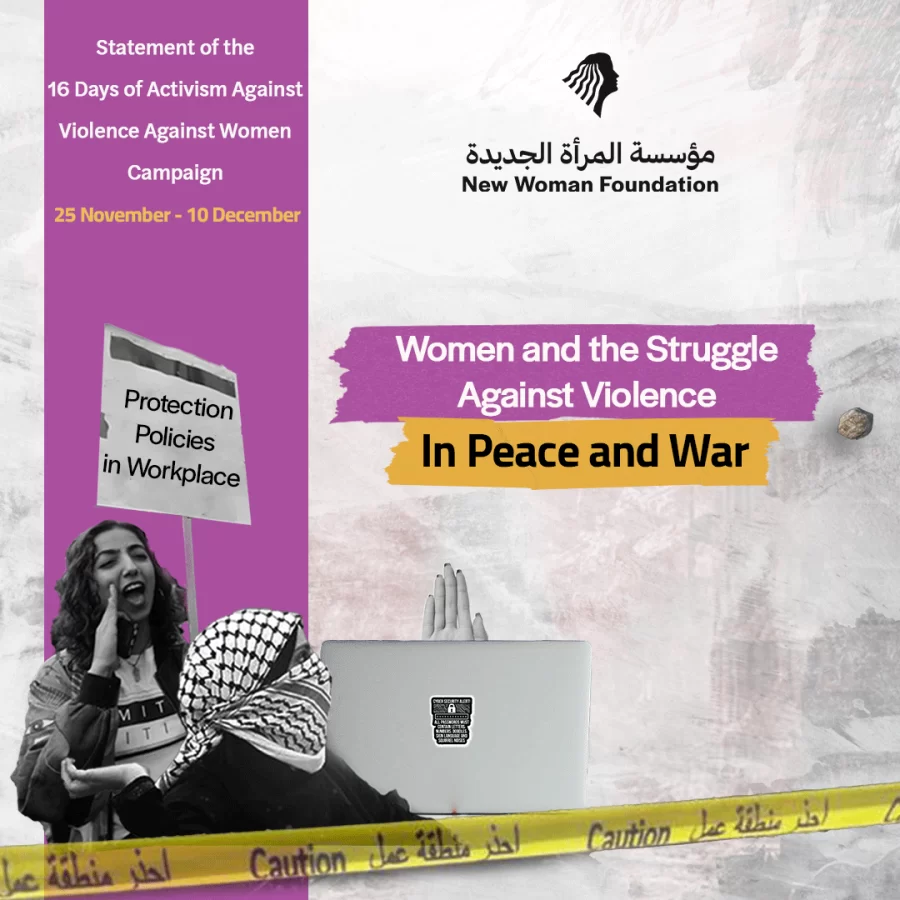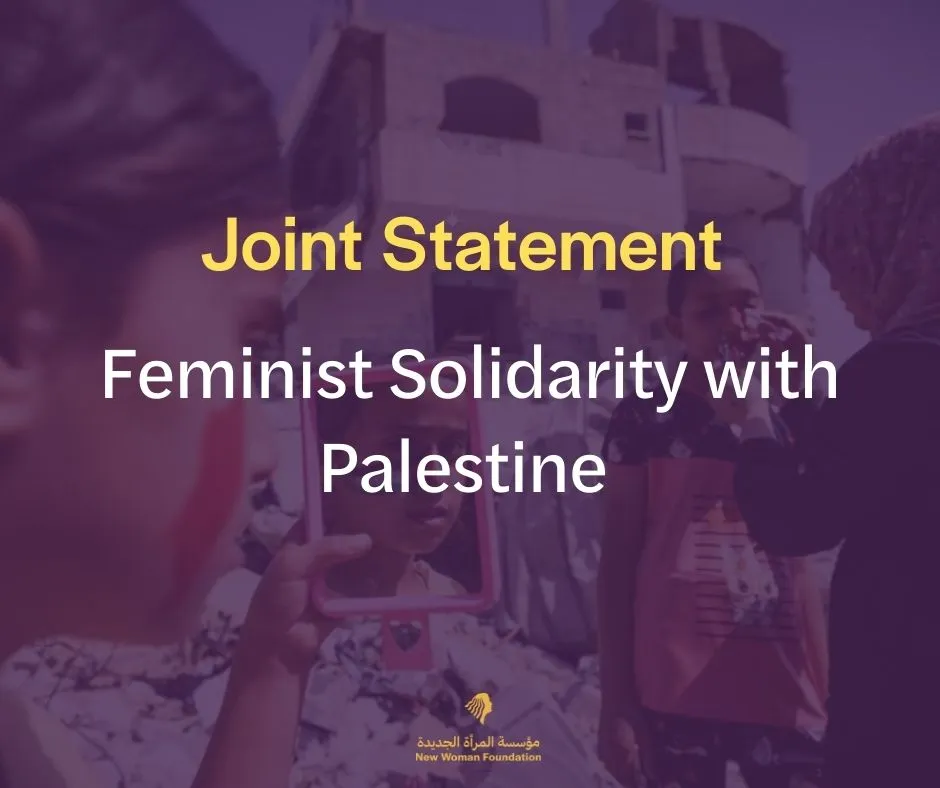- Contact Us
- 0020233382706
- nwrc@nwrcegypt.org
Reviving Task force against FGM, Why?

“Males Only” Flagrant Violation of Women’s Right to Work
February 5, 2018Saudi Arabia: Women’s rights defenders arrested for promoting human rights online
February 17, 2018In 2019, we celebrate 25 years of civil society struggle against FGM, 25 years since the launching of the Task force against FGM in the wake of the International Conference on Population and Development held in Cairo in 1994. The task force was the first national campaign to last nearly five years, it further expanded to include all civil society organizations -including development, human rights, and feminist organization- in all their diversity. Its impact has extended to reach organizations and professional institutions. The task force employed various work methods such as; mobilization, training grass root organizations, conducting researches and studies, lobbying decision makers, engaging with academic, professional, and media communities, and litigation. Most significantly, the task force was able to pose the issue in the context of “human rights” as a form of gender-based violence and a violation of women’s right to physical and psychological integrity, after having only been addressed in the context of “harmful practice against women and children” for long. The task force lobbied the state to integrate the issue FGM on its agenda as an urgent subject for official intervention before the state eventually officially announced launching a national campaign against FGM, a step we consider a victory for the accumulated efforts of the civil society historically against FGM..
Throughout the past years, some significant accomplishments have been made, first of which was criminalization of FGM in 2008, followed by imposing heavier penalties in 2016, and allocating a permanent section in the Population and Demographic survey (issued every four years) since 1996. Additionally, the percentage of women aged of 15 to 17 (above the vulnerable age of 10 to 13) who have undergone FGM has declined. Despite the national strategy against FGM having been announced in 2016 to end in 2020 -Two years from now- like most national strategies, it lacked measurable specific objectives, and progress implementation plans that more monitor able and easier follow-up, as well as a clear mechanism for inclusion of the civil society in provision of updated information, bridging the data gap, and monitoring and reporting its results.
Despite interventions of the national anti-F GM campaign, including legislative interventions that resulted in the latest amendment of the criminal code and imposing heavier penalties for FGM, these interventions did not contribute whatsoever to increasing number of reports of FGM cases, even though -according to the campaign’s official statement- there has been only six FGM lawsuits this year. It is also worth mentioning that the latest court ruling in a case of FGM was a suspended sentence of a year in jail for a female physician in Suez. This is attributed to a number of factors, among which are failure of the latest legislative amendments to omit all that is relevant to the supposed health benefits of FGM despite the increasing rates of medical of FGM that have reached up to 82% of the cases of FGM, as well as negligence of effective interventions that holds physicians committing such crime accountable through judicial or union accountability.
Hence, it has become increasingly important to revive the task force against FGM that is primarily composed of independent civil society organizations for the following purposes:
- Advancing civil society organizations’ action against FGM and vigorously work together to evaluate the official intervention against the phenomenon
- Developing applicable interventions as comprehensive alternatives against FGM, namely interventions targeting education and health policies
- Contributing to finding an effective official mechanism to impose penalties on physicians involved in cases of medicalized FGM, and to monitor judicial and union accountability mechanisms
- Providing follow-ups and time-bound civil reports to monitor the national strategic interventions against FGM, and assess the efficiency of its impact
- Adopting legislative interventions that would result in revising the latest amendment, namely taking a clear stance on medical FGM, and strengthening penalties
- Participating in civil campaigns that follows a human rights approach in its action against FGM
- Contributing in bridging the research gap through quantitative and qualitative research. Researches conducted by the task force would target various categories such as young physicians, recent marriages in FGM hot spots areas, and young mothers.Hence, it has become increasingly important to revive the task force against FGM that is primarily composed of independent civil society organizations for the following purposes:
- Advancing civil society organizations’ action against FGM and vigorously work together to evaluate the official intervention against the phenomenon
- Developing applicable interventions as comprehensive alternatives against FGM, namely interventions targeting education and health policies
- Contributing to finding an effective official mechanism to impose penalties on physicians involved in cases of medical FGM, and to monitor judicial and union accountability mechanisms
- Providing follow-ups and time-bound civil reports to monitor the national strategic interventions against FGM, and assess the efficiency of its impact
- Adopting legislative interventions that would result in revising the latest amendment, namely taking a clear stance on medical FGM, and strengthening penalties
- Participating in civil campaigns that follows a human rights approach in its action against FGM
- Contributing in bridging the research gap through quantitative and qualitative research. Researches conducted by the task force would target various categories such as young physicians, recent marriages in FGM hot spots areas, and young mothers.




